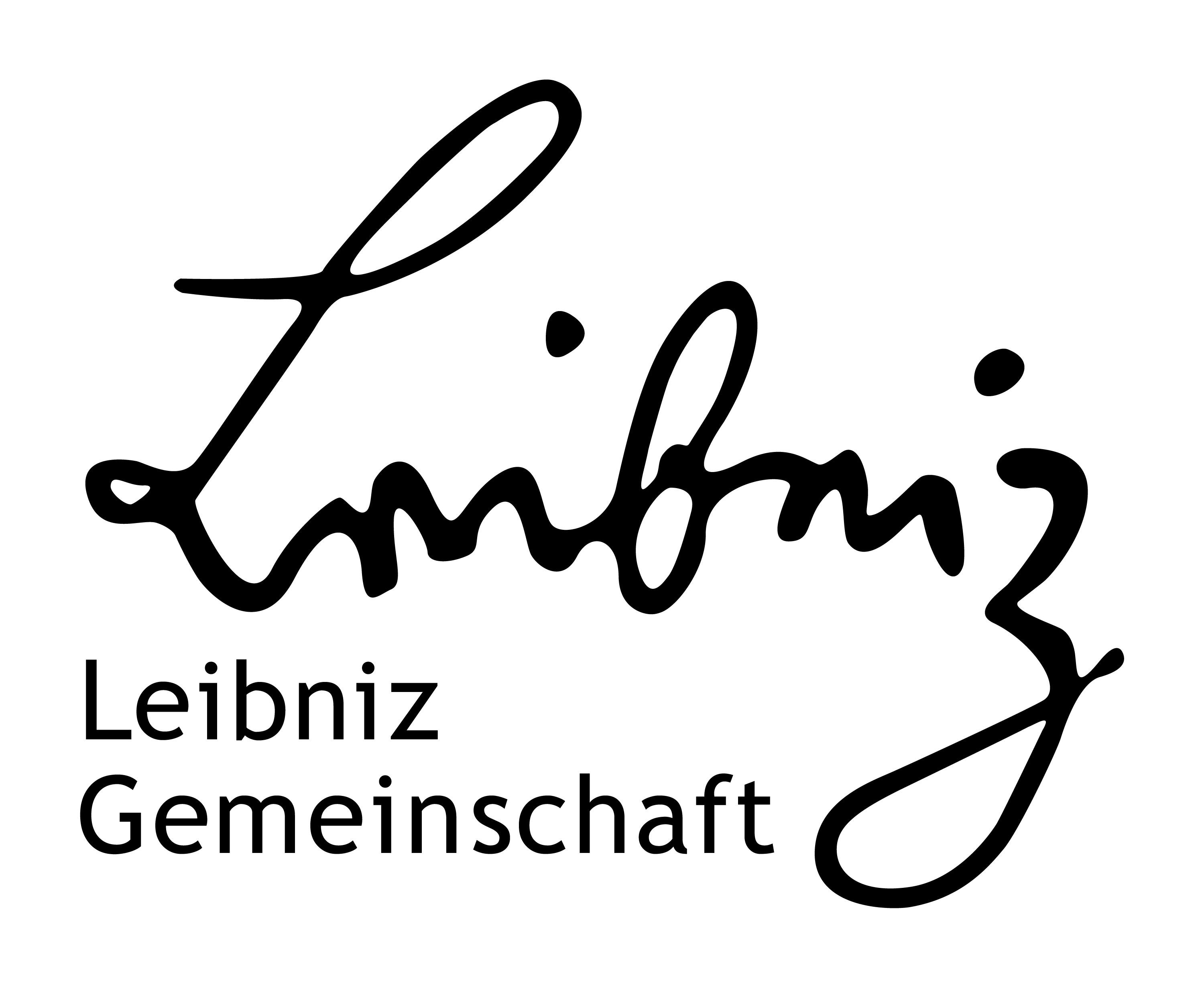
Leibniz-Institut für Resilienzforschung gGmbH
Wallstraße 7
55122 Mainz
Sekretariat (8:30 - 15:00)
E-Mail:
verena.huber@lir-mainz.de
Telefon:
+49 (0)6131 89448-77
Behavioral Genetics in mouse. Mechanisms underlying learning and memory, and stress coping. Epigenetic mechanisms underlying behavior. Lipid signaling systems (mainly on endocannabinoids and cannabinoid receptors). Roles of the endocannabinoid system in anxiety, fear memory, stress coping, synaptic plasticity, adult neurogenesis, neural development, and energy metabolism.
1961
Scientific Managing Director and Research Group Leader Leibniz Institute for Resilience Research (LIR), Mainz, Germany
Professor and Director at Institute of Physiological Chemistry, University Medical Center of the Johannes Gutenberg-University Mainz
Habilitation in Zoology at the LMU Munich, Germany (Prof. G. Neuweiler)
Diploma for Gymnasium teacher in Chemistry, ETH, Switzerland
Dr. sc. nat: ETH Zurich Switzerland
Doctorate work at the Institute for Cell Biology, ETH Zurich, Switzerland (Prof. M. Lezzi, Prof. H. Eppenberger)
Diploma in Natural Sciences at ETH Zurich, Switzerland
Studies in Biochemistry at ETH Zurich, Switzerland
Habilitation in Zoology at the LMU Munich, Germany (Prof. G. Neuweiler)
Scientific Managing Director and Research Group Leader, Leibniz Institute for Resilience Research (LIR), Mainz, German
Director of the Institute of Physiological Chemistry, University Medical Center of the Johannes Gutenberg University, Mainz, Germany
W3 Professor for Physiological Chemistry, Institute of Physiological Chemistry and Pathobiochemistry, Johannes Gutenberg University, Mainz, Germany
Independent Group Leader of the Max Planck Society at the Max Planck Institute of Psychiatry, Munich, Germany
Scientist at the DKFZ, Heidelberg, Germany (Prof. G. Schütz)
Postdoctoral positions at ETH Zurich, Switzerland (Prof. M. Lezzi), Harvard Medical School, Boston, MA USA (Prof. G. Eichele), and Baylor College of Medicine, Houston, TX, USA (Prof. G. Eichele)
Spokesperson of the CRC1193 „Neurobiology of Resilience“
Tenure Commission at UM Mainz, Germany
Co-organizer of the International Symposium on Resilience Research
Member of Fachbereichsrat at UM Mainz, Germany
Mechoulam Award for Outstanding Contributions to Cannabinoid Research
Chair of the Gordon Research Conference “Cannabinoid Functions in the CNS”
Spokesperson of DFG Research Unit FOR926 (with A. Zimmer, Bonn, Germany)
Stipend from the Hertie Foundation (Excellence Program in Neurosciences)
Organon Prize for Psychiatry
Fellowships from the Swiss National Foundation
Herr Professor Dr. Beat Lutz ist seit 2004 Professor für physiologische Chemie an der Universitätsmedizin Mainz, dort Direktor des Instituts für Physiologische Chemie und seit 2020 wissenschaftlicher Direktor und Arbeitsgruppenleiter am Leibniz-Institut für Resilienzforschung. Er hat seit 2018 keine persönlichen Honorare für Beratertätigkeiten, Fortbildungsveranstaltungen, Vorträge oder Stellungnahmen von pharmazeutischen Unternehmen oder Medizinprodukteherstellern erhalten. Von der gemeinnützigen Boehringer Ingelheim Stiftung erhielt Prof. Lutz zusammen mit anderen Wissenschaftlerinnen und Wissenschaftlern Forschungsmittel für die Jahre 2017-2020 zum Aufbau des Leibniz-Instituts für Resilienzforschung.
Martin-Garcia E, Domingo-Rodriguez L, Lutz B, Maldonado R, Ruiz de Azua I (2025) Cannabinoid type-1 receptors in CaMKII neurons drive impulsivity in pathological eating behavior. Mol Metab. 92:102096. doi:10.1016/j.molmet.2025.102096
>> Link zu PubmedPastore S, Hillenbrand P, Molnar N, Kovlyagina I, Chongtham MC, Sys S, Lutz B, Tevosian M, Gerber S (2025) ClearFinder: a Python GUI for annotating cells in cleared mouse brain. BMC Bioinformatics. 26(1):24. doi:10.1186/s12859-025-06039-x
>> Link zu PubmedKovlyagina I, Wierczeiko A, Todorov H, Jacobi E, Tevosian M, von Engelhardt J, Gerber S, Lutz B. Leveraging interindividual variability in threat conditioning of inbred mice to model trait anxiety (2024) PLoS Biol. 22(5):e3002642. doi:10.1371/journal.pbio.3002642
>> Link zu PubmedMonory K, Ruiz de Azua I, Lutz B (2024) Genetic tools in rodents to study cannabinoid functions. Curr Top Behav Neurosci. doi:10.1007/7854_2024_550
>> Link zu PubmedTevosian M, Todorov H, Lomazzo E, Bindila L, Ueda N, Bassetti D, Warm D, Kirischuk S, Luhmann HJ, Gerber S, Lutz B (2023) NAPE-PLD deletion in stress-TRAPed neurons results in an anxiogenic phenotype. Transl Psychiatry. 13(1):152. doi:10.1038/s41398-023-02448-9
>> Link zu PubmedBusch AM, Kovlyagina I, Lutz B, Todorov H, Gerber S (2022) beeRapp: an R shiny app for automated high-throughput explorative analysis of multivariate behavioral data. Bioinform Adv. 2(1):vbac082. doi:10.1093/bioadv/vbac082
>> Link zu PubmedLeschik J, Gentile A, Cicek C, Péron S, Tevosian M, Beer A, Radyushkin K, Bludau A, Ebner K, Neumann I, Singewald N, Berninger B, Lessmann V, Lutz B (2022) Brain-derived neurotrophic factor expression in serotonergic neurons improves stress resilience and promotes adult hippocampal neurogenesis. Prog Neurobiol. 217:102333. doi:10.1016/j.pneurobio.2022.102333
>> Link zu PubmedPascual Cuadrado D, Todorov H, Lerner R, Islami L, Bindila L, Gerber S, Lutz B (2022) Long-term molecular differences between resilient and susceptible mice after a single traumatic exposure. Br J Pharmacol. 179(17):4161–4180. doi:10.1111/bph.15697
>> Link zu PubmedVennin C, Hewel C, Todorov H, Wendelmuth M, Radyushkin K, Heimbach A, Horenko I, Ayash S, Müller MB, Schweiger S, Gerber S, Lutz B (2022) A resilience related glial-neurovascular network is transcriptionally activated after chronic social defeat in male mice. Cells. 11(21):3405. doi:10.3390/cells11213405
>> Link zu PubmedLeschik J, Lutz B, Gentile A (2021) Stress-related dysfunction of adult hippocampal neurogenesis—an attempt for understanding resilience? Int J Mol Sci. 22(14):7339. doi:10.3390/ijms22147339
>> Link zu PubmedNavandar M, Martín-García E, Maldonado R, Lutz B, Gerber S, Ruiz de Azua I (2021) Transcriptional signatures in prefrontal cortex confer vulnerability versus resilience to food and cocaine addiction-like behavior. Sci Rep. 11(1):9076. doi:10.1038/s41598-021-88363-9
>> Link zu PubmedDomingo-Rodriguez L, Ruiz de Azua I, Dominguez E, Senabre E, Serra I, Kummer S, Navandar M, Baddenhausen S, Hofmann C, Andero R, Gerber S, Navarrete M, Dierssen M, Lutz B, Martín-García E, Maldonado R (2020) A specific prelimbic-nucleus accumbens pathway controls resilience versus vulnerability to food addiction. Nat Commun. 11(1):782. doi:10.1038/s41467-020-14458-y
>> Link zu PubmedLutz B (2020) Neurobiology of cannabinoid receptor signaling. Dialogues Clin Neurosci. 22(3):207–22. doi:10.31887/DCNS.2020.22.3/blutz
>> Link zu Pubmed




